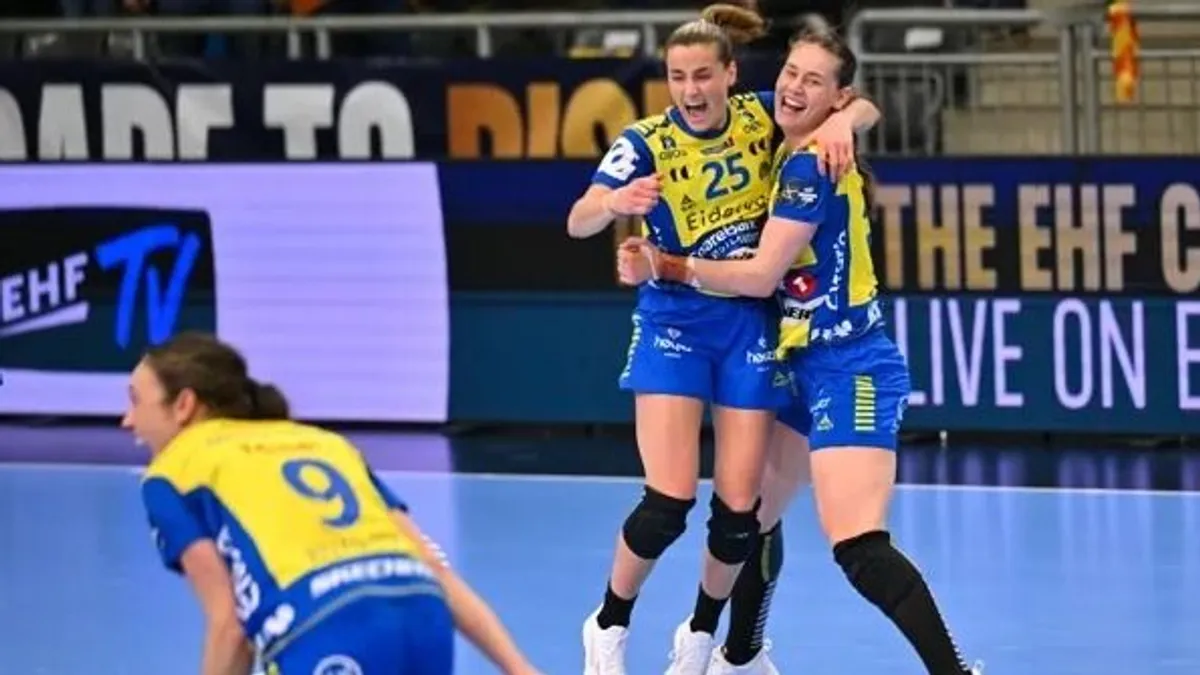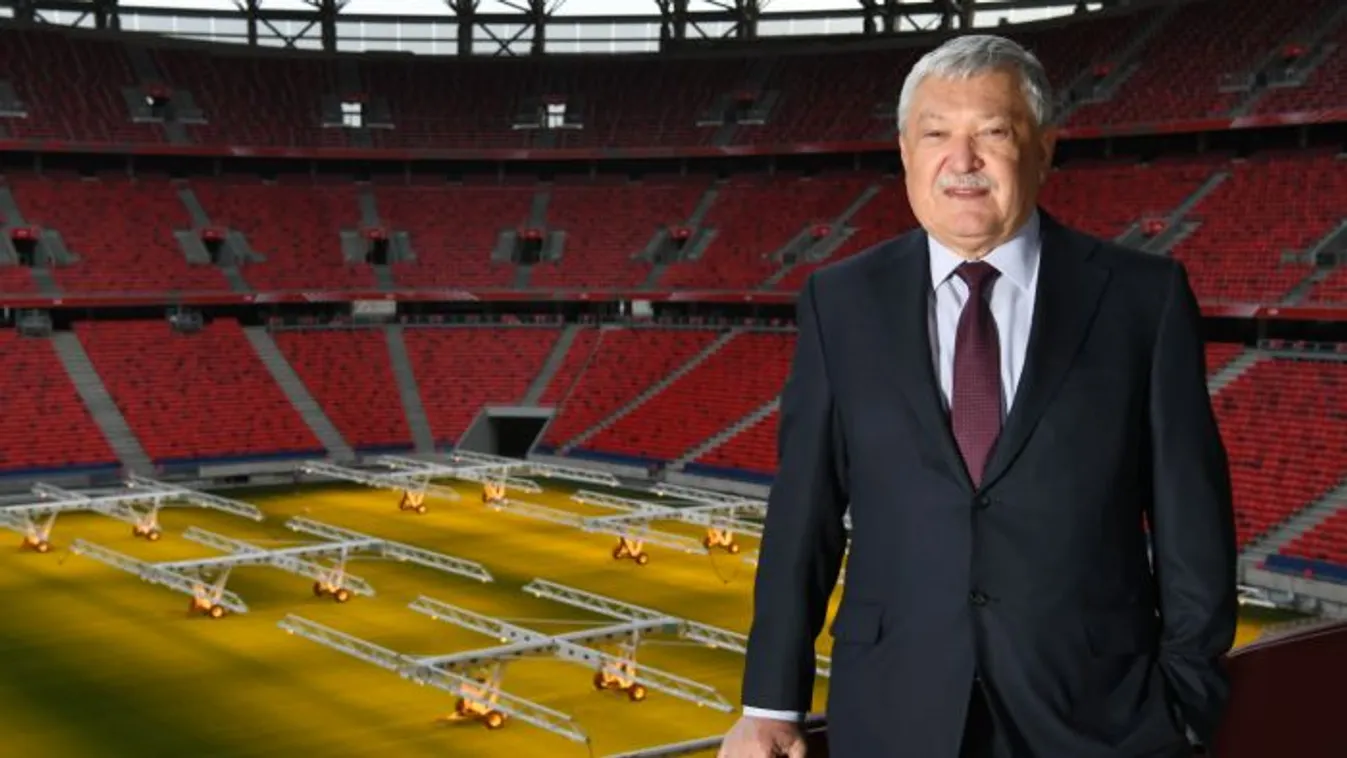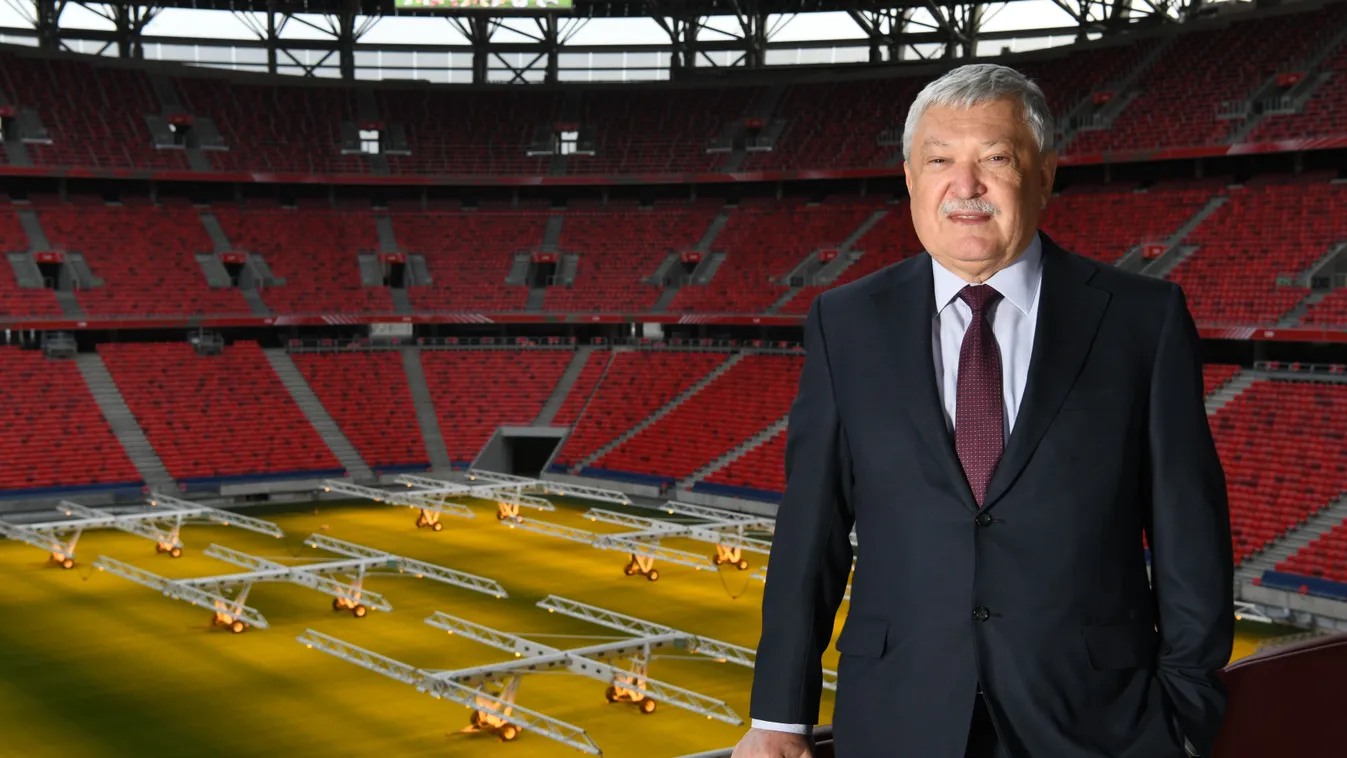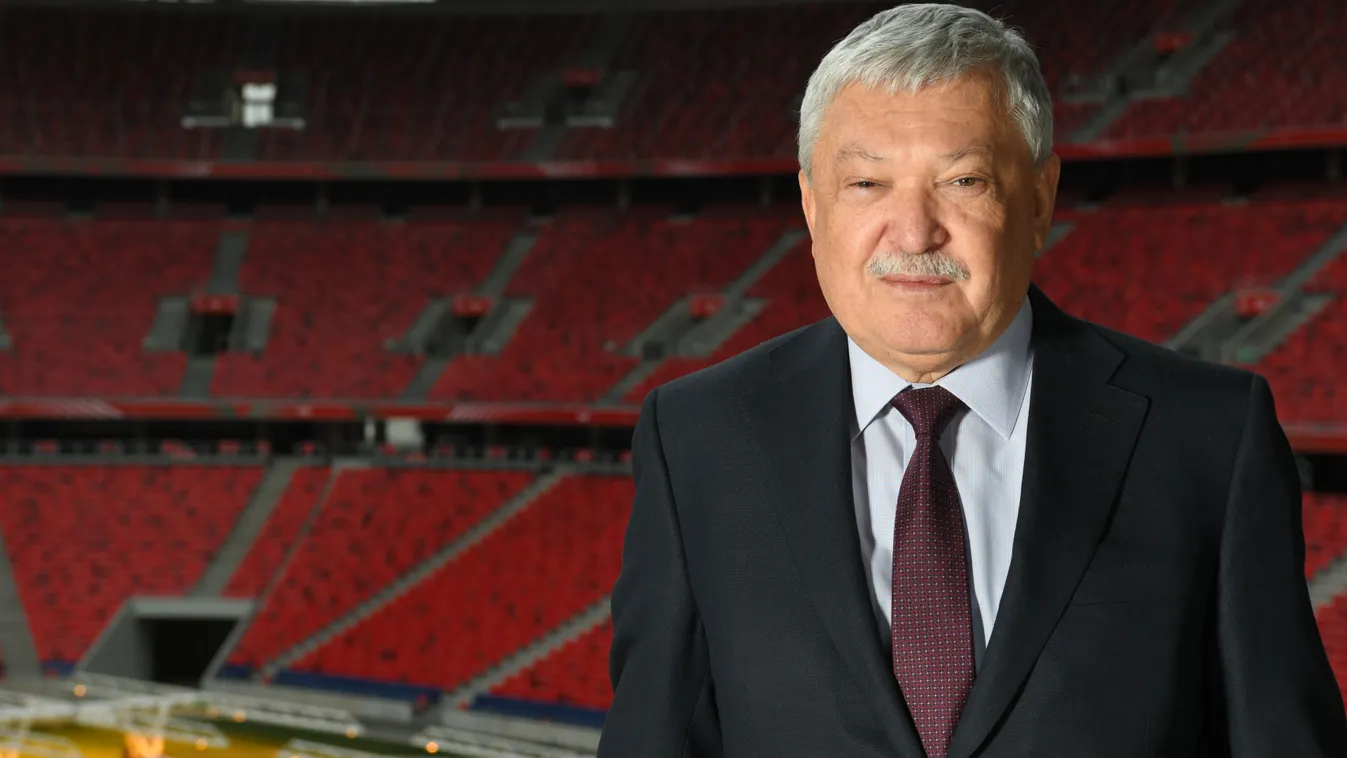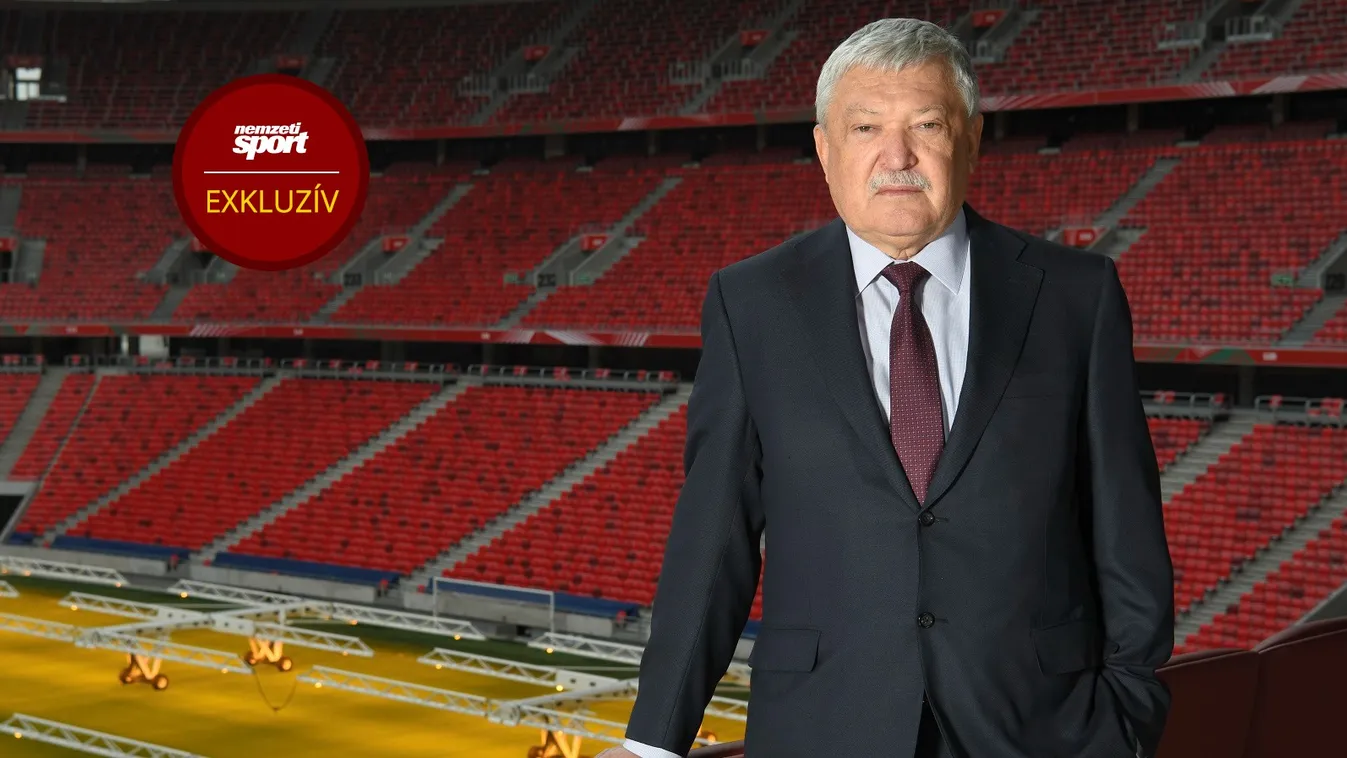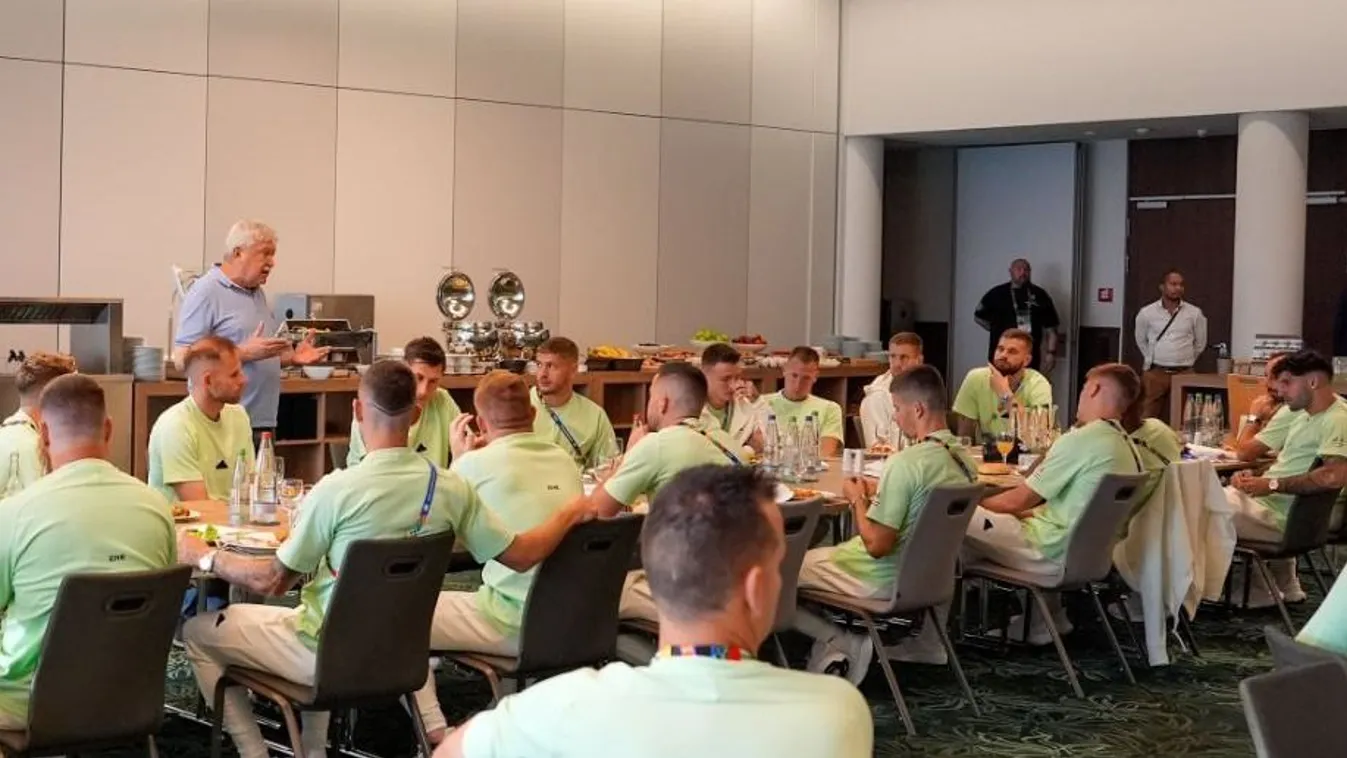Sándor Csányi, who turns 70 today, could be the record-breaking MLSZ president
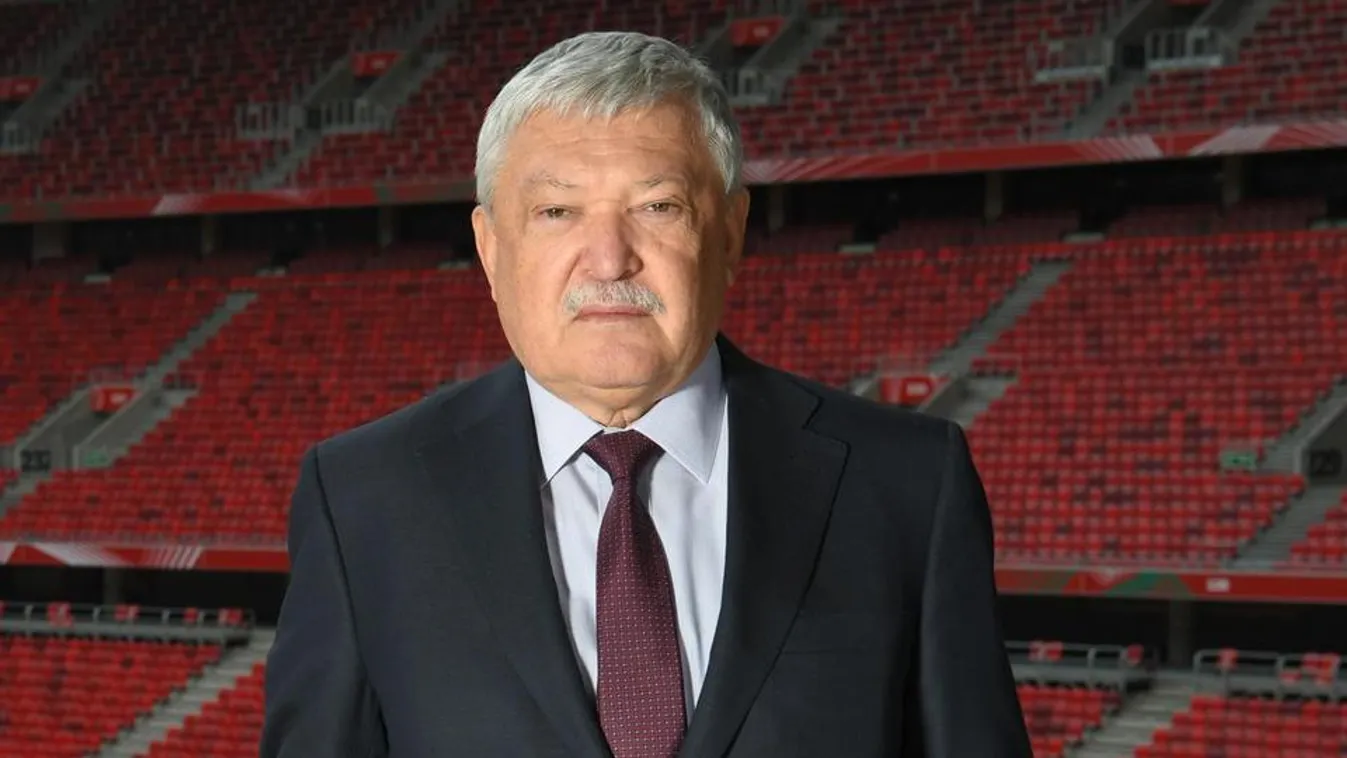
Sándor Csányi, a well-known figure in the banking sector and CEO of the multinational OTP Group, also owns an elite European handball club (OTP Bank-Pick Szeged). He has long been one of the richest Hungarians, and he began his football managerial career in 2010 when he gave in to the demands of the representatives of Hungarian football, including Prime Minister Viktor Orbán, who had been besieging him for a long time. On July 6, 2010, he was the only candidate to be elected president of the Hungarian Football Federation (MLSZ). His five-year mandate was extended by the MLSZ General Assembly in 2015 and again in 2020.
During Sándor Csányi's MLSZ presidency, the number of registered footballers tripled from 90,000 to 270,000, around 1,300 pitches were built, and 2,800 pitches were rebuilt across the country
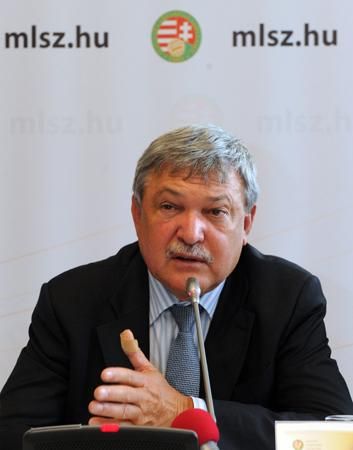
From the very beginning, as a football manager, he placed great emphasis on Hungary hosting as many senior and junior tournaments, events and important matches as possible, which the Hungarian government's large-scale infrastructure developments made come true: the new national stadium, the Puskás Arena, was built, and so the stadiums of all first and second division professional teams. During Csányi's presidency, the 62nd FIFA Congress was held in Budapest in 2012, the U19 European Championship and the 40th UEFA Congress were held in Hungary in 2014 and 2016, and so were the Women's Champions League final in 2019 (Olympique Lyon-Barcelona 4-1), the UEFA Super Cup match between the winners of the Champions League and Europa League (Bayern Munich-Seville 2-1) in 2020. There were also three European Championship group matches and a round-of-16 match (got postponed from 2020 to 2021 due to the coronavirus pandemic) that were played all in front of a full house in Hungary as the only host, and out of which the Hungarian national team played twice. Finally, some of the U21 European Championship (co-hosted with Slovenia) matches were played in the country in 2021. And the European Women's Futsal Championship Final Four has just finished in Debrecen, and this year there will be another European U17 Championship with venues in Budapest and Debrecen. In addition, the Puskás Aréna will host the Europa League final on May 31. The only thing missing from the list is the Champions League final, which Sándor Csányi has repeatedly said he would like to bring to Budapest in the future.
In Csányi's almost thirteen years of leadership, Hungarian football has achieved many spectacular results. In 2015, our U20 national team was one of five European teams to qualify for the World Cup in New Zealand; in 2016, our futsal team qualified for the European Championship in Serbia; In 2016, after forty-four years, our senior team qualified for the European Championship, finishing top of the group at the tournament in France and losing to Belgium in the last 16; our U17 team qualified for the European Championship in Croatia in 2017 and then in Ireland two years later while they also qualified for the World Championship in Brazil the same year. As co-hosts at the 2021 European Championship, the team led by Marco Rossi was just a few minutes away from a miracle to progress from a group including Germany, France and Portugal. Just as in the 2022 Nations League A (where they progressed from League C after two consecutive promotions), they were within touching distance of reaching the top of the group and the final four together with Italy, Germany and England, Hungary defeated England twice and Germany once in an away game in the series. The Hungarian team was among the top ten teams in Europe in 2022 and is currently ranked 36th in the world – when Sándor Csányi became MLSZ president in 2010, the national team was some 20 places lower.
Meanwhile, Hungarian club football has also moved beyond its shadow: Fehérvár has reached the Europa League group stage twice (2012, 2018) while Ferencváros has qualified for the group stage four times in a row (2019, 2020, 2021, 2022). For the first time after 25 years, FTC reached the Champions League main round in 2020, and this season, Fradi reached the knockout stage, the final eight as the first Hungarian team since the introduction of the group stage. Overall, it took a Hungarian club 18 and Fradi 48 (!) years to remain in a European series in the spring.
Also in recent years, the biggest transfer fee ever paid for a Hungarian footballer was paid by RB Leipzig to Salzburg. The German team purchased Dominik Szoboszlai for 20 million euros in 2021. It is a breakthrough that from this year MLSZ will pay a pension supplement, a kind of annuity, to footballers in difficulty – both men and women – who have played at least 200 matches in NB I or have been capped at least five times. In 2023, Sándor Csányi will hand over another record to the past: he has been at the helm of MLSZ for almost 13 years and will surpass Sándor Barcs who was president between December 1950 and December 1963. This makes him the longest-serving boss in the 122-year history of the Hungarian Football Federation.
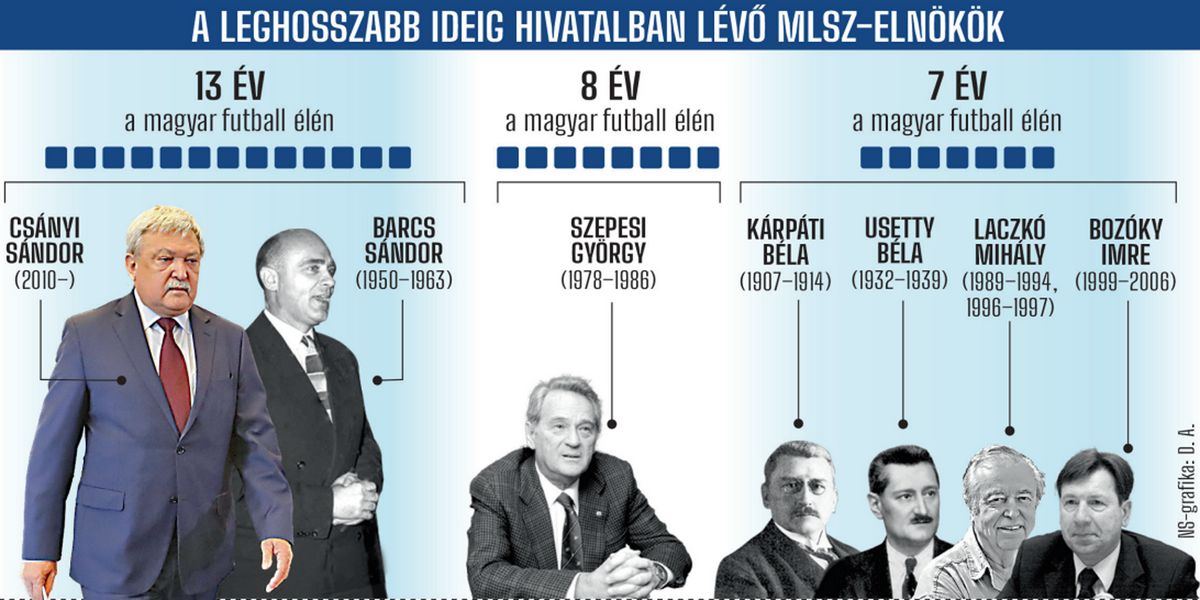
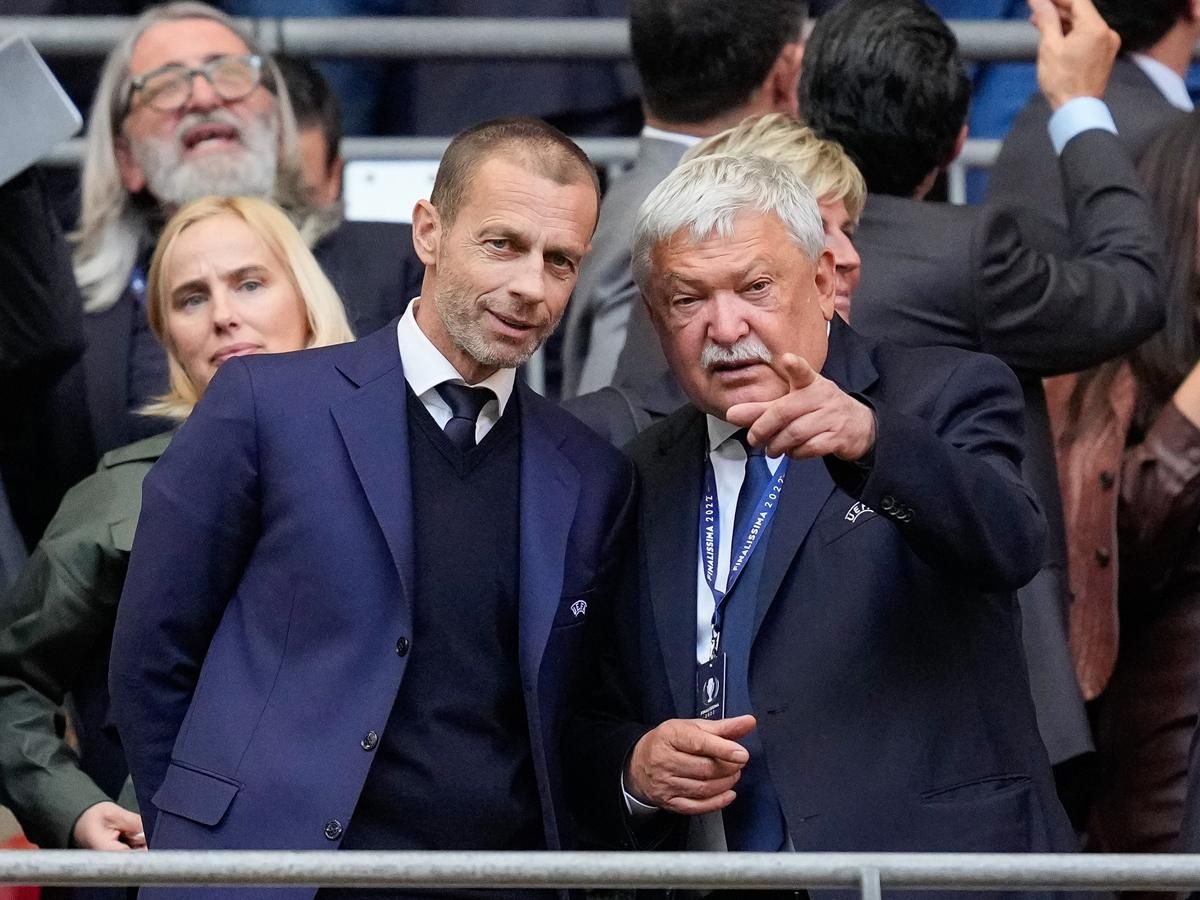
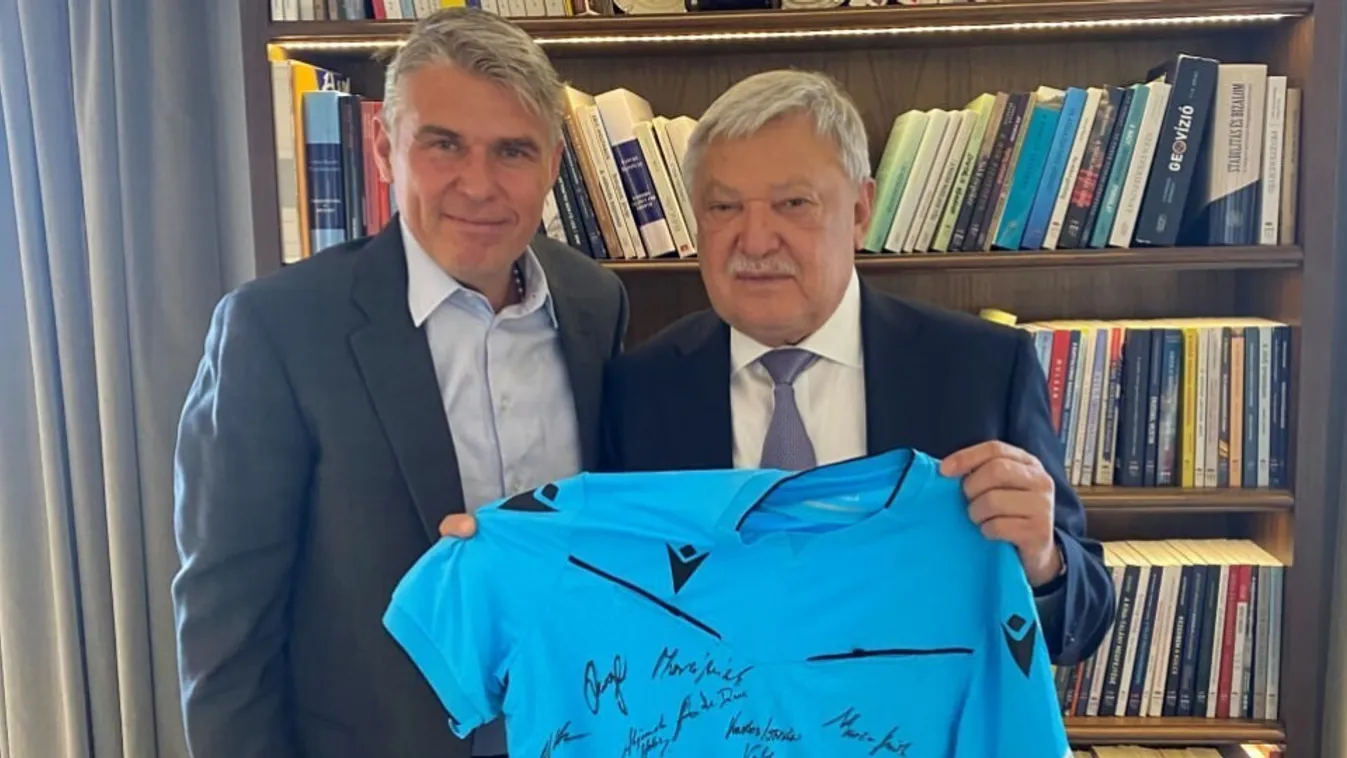
Játékvezetői csúcstalálkozót tartanak Budapesten
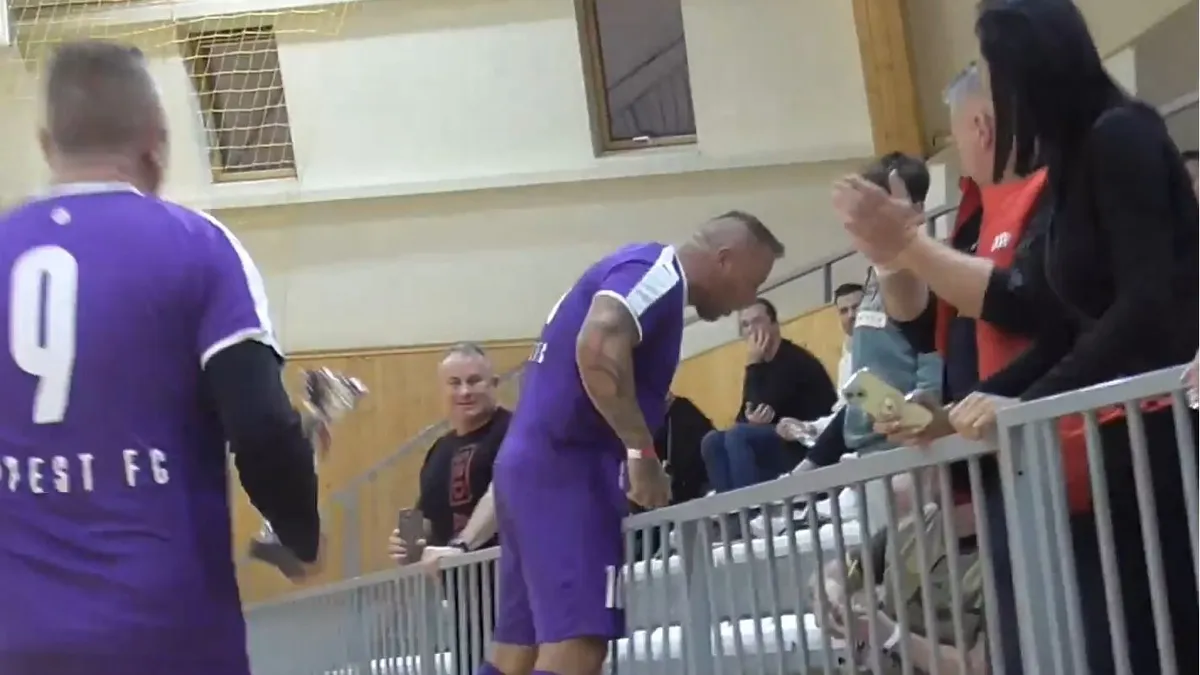
Curtis pofonvágta az őt gyalázó szurkolót a lelátón

Az MU egyszer találta el a kaput, de egy szerencsés góllal így is nyert
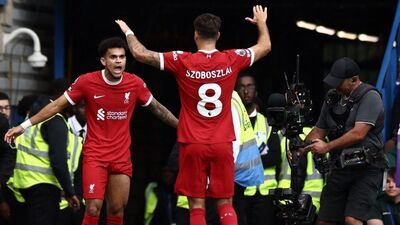
Ez nem hiányzott: Szoboszlai Dominik még egy világsztár miatt aggódhat!

Milliárdokért árulja luxusotthonát az olimpiai bajnok

Villámgyors finomság – az 5 legjobb tejbegrízrecept
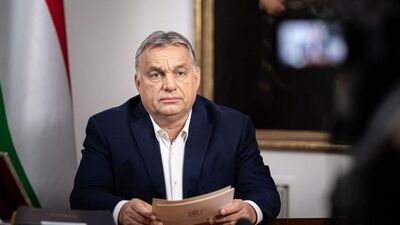
Orbán Viktor elutazik, ezen a helyen magyar kormányfő még nem járt
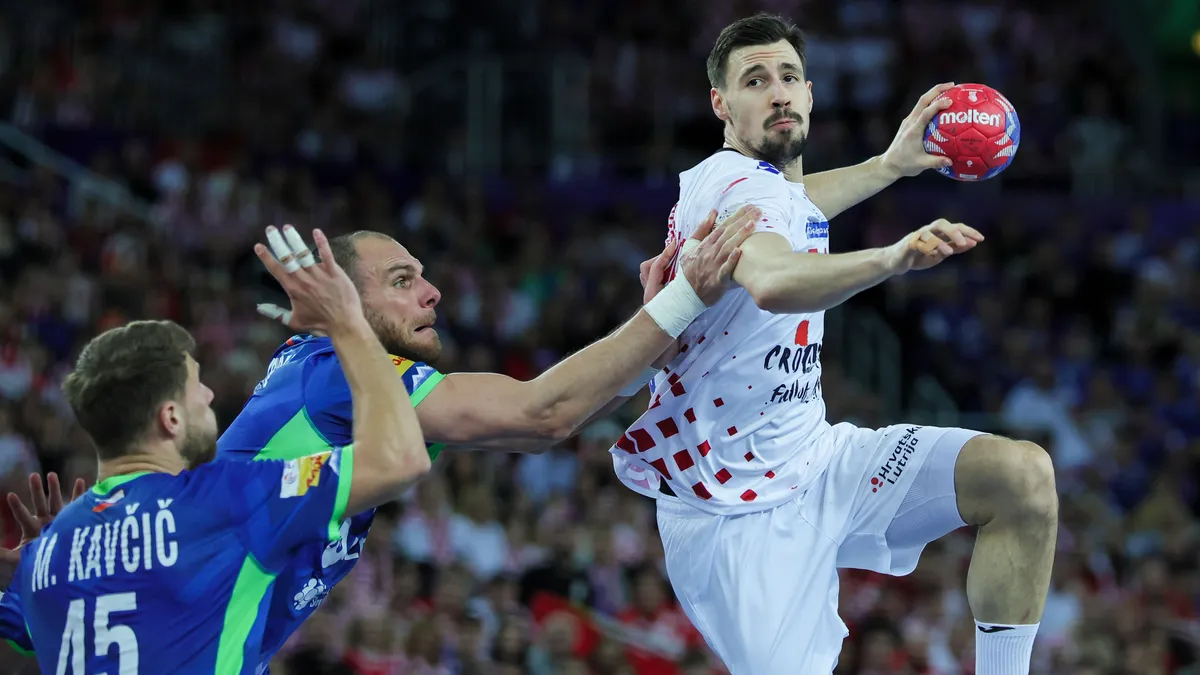
A szlovénokat legyőző Horvátország lesz a mieink negyeddöntős ellenfele kedden 18 órakor a kézi-vb-n
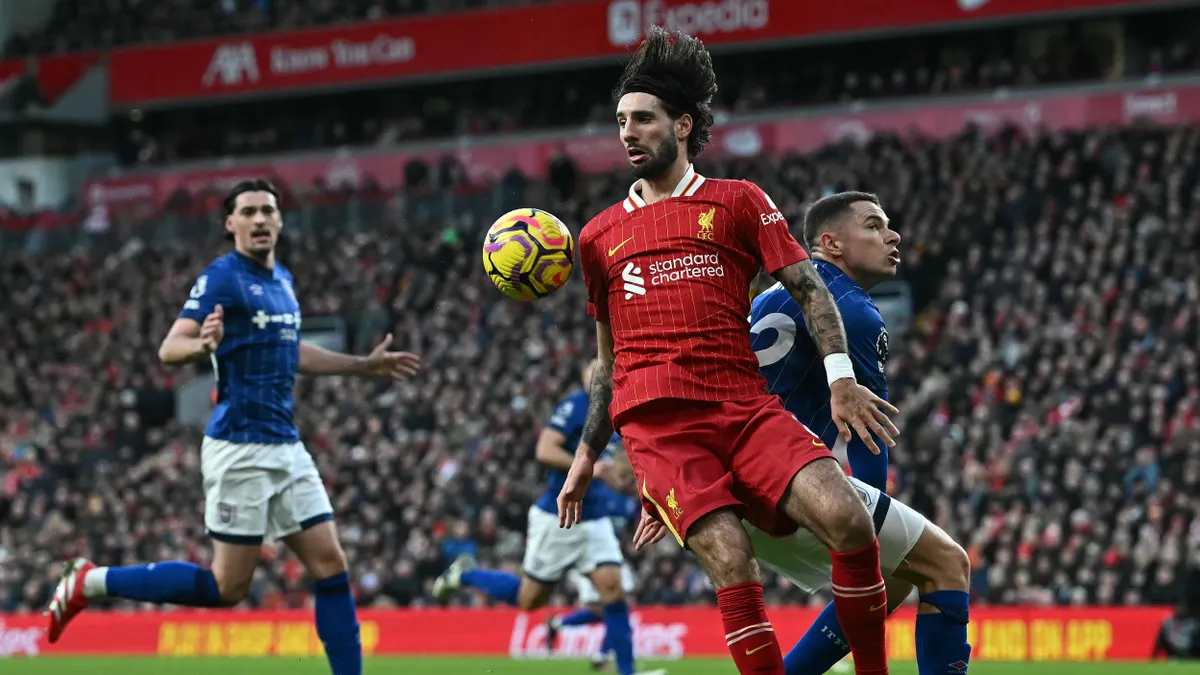
Szoboszlai szenzációs passzán ámul a világ - videó

A Chiefs újabb drámai meccsen nyert a Bills ellen – triplázás kapujában a Kansas City!
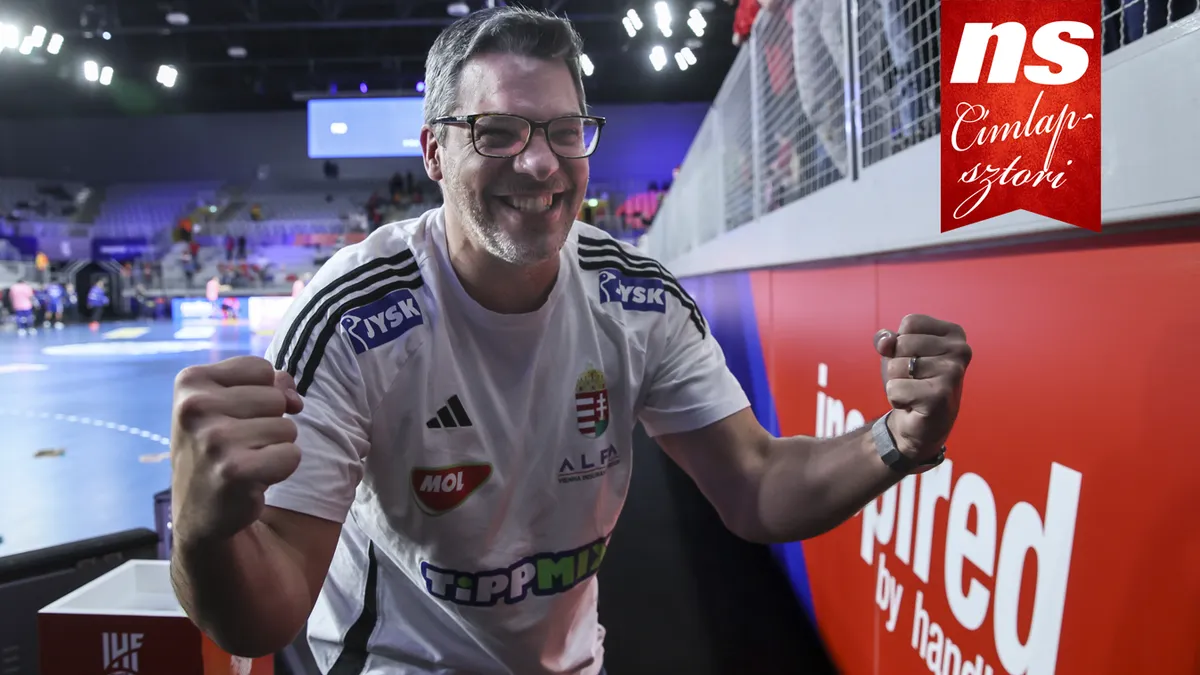
Chema Rodríguez: Óriási dolog, hogy sorozatban harmadszor ott vagyunk a nyolc között

Hétfői sportműsor: olasz, spanyol és angol futball, magyar futsal
